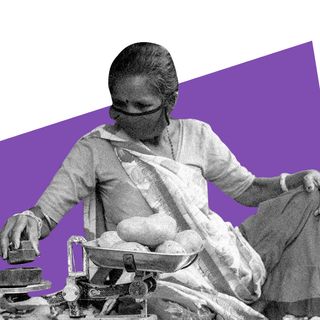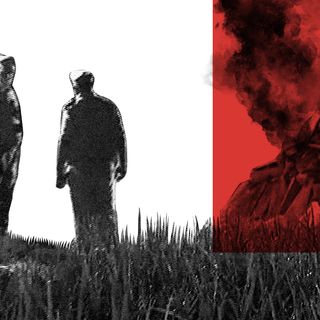In a short judgment delivered Wednesday, October 7, the Supreme Court stated, “We make it unequivocally clear that public ways and public spaces cannot be occupied in such a manner and that too indefinitely. Democracy and dissent go hand in hand, but then the demonstrations expressing dissent have to be in designated places alone.”
The context of this ruling is related to the Shaheen Bagh protest, of the National Register of Citizens (NRC) and the Citizenship (Amendment) Act (CAA). The protest location in South Delhi blocked one of the city’s key roads to Noida and went on for months. Many petitioners had approached the Court during that time, requesting the Shaheen Bagh protest shift location due to the resulting traffic-related inconvenience. After the protestors disbanded due to the Covid19 lockdown, the Delhi police cleared the Shaheen Bagh stage and protest facilities. Still, the Court criticized the Union Government and Delhi Police, stating that though the hand of God may have stopped this protest, authorities should act more promptly to curb similar lengthy and disruptive protests in the future.
Protests, according to the Supreme Court, should be short term and nestled away in places that do not cause public disruption. However, these restrictions essentially render any protest toothless — a protest’s power is defined by its ability to disrupt public order peacefully in order to question authority. A protest can only draw attention when it is right up in the public’s collective face.
Related on The Swaddle:
All the Arguments You Need: to Convince People Protests Work
The Supreme Court cites the protection of public order to back up its ruling. The judgment invoked Article 19 of the Indian constitution, which allows citizens the right to freedom of speech and the right to assemble peacefully without arms, subject to reasonable restrictions in the interest of public order. However, the definition of public order, in this situation is a little tenuous.
“There is a long line of Supreme Court judgments that define public order – public order is not the disruption of traffic,” Supreme Court advocate Karuna Nundy told The Quint in response to the ruling. She adds, “Public order is a threat to the very rule of law, maybe a riot or a large-scale assault on the state, something as big as that. There is no evidence whatsoever that there was that violation of public order here [in Shaheen Bagh] – indeed reading the judgment, it is not even recorded as being alleged.”
Though the Supreme Court states in its judgment Article 19 is a cornerstone of the Indian constitution, its ruling, unfortunately, contradicts that sentiment. Placing a blanket ban on public acts of dissent creates a very convenient means for the state to completely ignore its citizen’s voices. A protest can be peaceful, but without its power to disrupt, it has no meaning.




